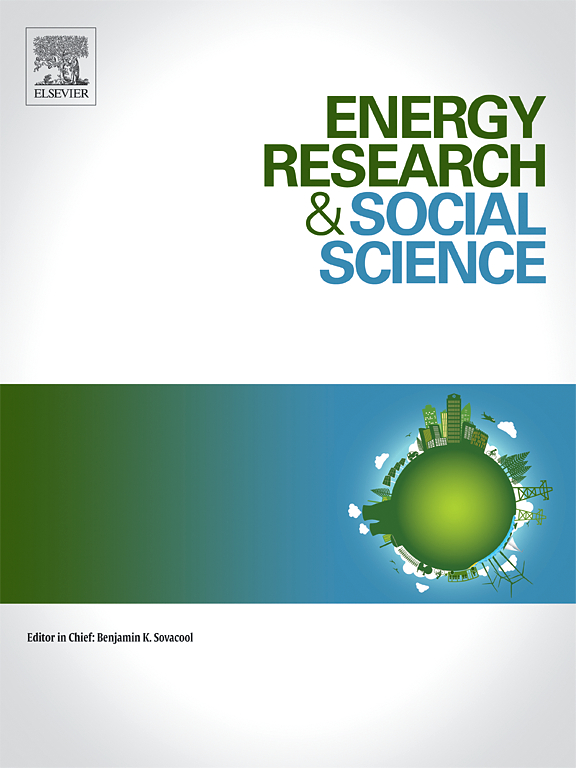A model for “smart” mineral enterprise development for spurring investment in climate change mitigation technology
Signed in December 2015 by 194 countries, the Paris Climate Agreement laid a very encouraging foundation for global attempts to mitigate greenhouse gas emissions and climate change. While this was an important step for the global community, much work remains to be done. Based on climate change and technology scenarios developed by the International Energy Agency in the wake of the agreement, the World Bank has developed a set of projections about the amount and kind of feedstock materials that will be required to achieve these targets in the years ahead. So-called “technology minerals”—including metals like lithium and cobalt that are commonly found in rechargeable batteries, or tellurium that is used to make solar cells—figure prominently. An important aspect of the Paris Agreement is the need for the world economy to shift away from fossil fuels towards green energy networks based on stored electricity and renewable energy sources. But achieving the agreement's ambitious goals will necessarily require dramatic increases in global production rates for technology minerals that are far beyond current levels. Despite the urgent need for these feedstock materials, however, the mineral supply sector is not on track to satisfy anywhere near this demand. To put the industry and its supporting institutions on a path more likely to deliver these vital materials, this paper recommends a more integrated, global, system-wide approach to managing the organizations behind technology minerals: the Smart Mineral Enterprise Development (SMED) framework.
Language: English
Publisher: Elsevier BV
Region: Global
Type: Article
CITATION
Ali, S., Perrons, R., Toledano, P., and Maennling, N. (2019). A model for “smart” mineral enterprise development for spurring investment in climate change mitigation technology. Energy Research and Social Science 58 101282 101282.

